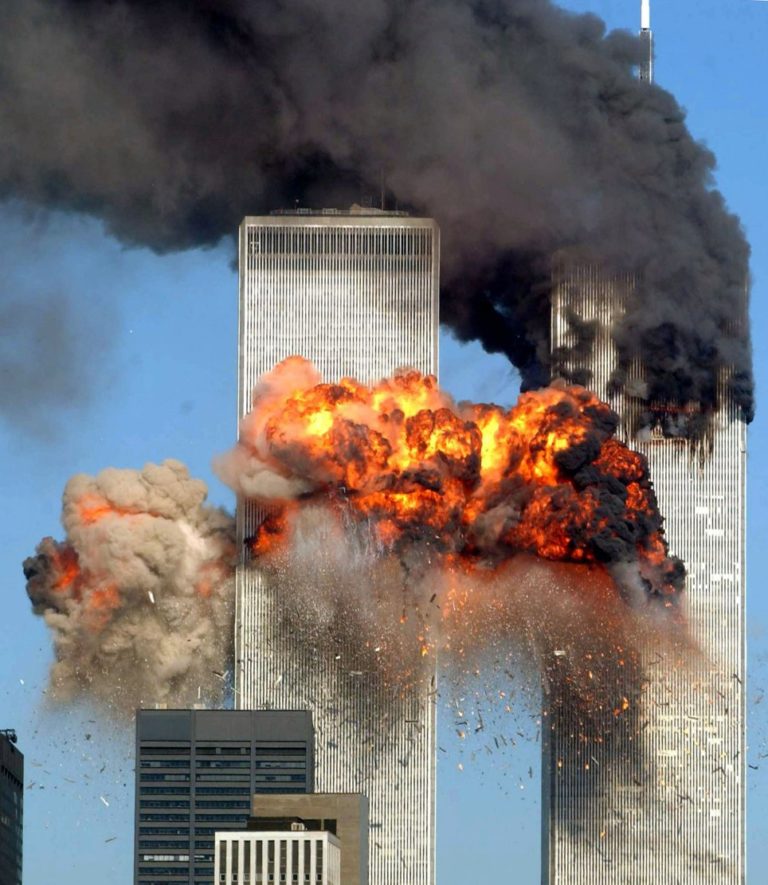
Writing a Dvar Torah on the eve of the Three Weeks should be easy. There are so many obvious topics to discuss. Sinat chinam (the baseless hatred between Jews that is cited as the cause of the destruction of the Second Temple) and ahavat Yisroel are always popular messages in our community. Redemption and renewal are good options too. But I’ve never found the Three Weeks or its culminating event, Tisha b’Av, to be easy—and I’m not referring to the obvious inconveniences of fasting and not washing my hands.
Each Jewish holiday has an avodah, an observance, particular to that day. On Pesach, we eat matzah. On Rosh Hashana, we blow the shofar. On Tisha b’Av, we mourn. We are supposed to feel sad over the destruction of the Beit HaMikdash, the Temple, some 2000 years ago. To grieve over the loss of G-D’s explicit presence in the world. I find it difficult to feel any emotion for something I’ve never known, and on many levels, don’t relate to or understand. I go through the motions of grief. I sit on the floor. I fast. But I don’t feel it. The strongest emotion I feel on Tisha b’Av is boredom. With embargos on basically anything that could take your mind off the destruction or be remotely fun (TV, work, even most Torah study is prohibited), I find myself trying to dream up ways to pass the endlessly long afternoon. The Talmud says that whoever truly mourns the destruction of Jerusalem will merit to share in the joy of her redemption (Ta’anit 30b). That doesn’t seem to bode so well for me.
I don’t think I quite understood how one is supposed to feel on Tisha b’Av until years ago, on September 11th. I didn’t eat that day. Not because I was told I had to fast, but because I was so overcome with emotion that the thought of food was nauseating. I didn’t do any work because I couldn’t concentrate on anything but the tragedy taking place a few blocks away. I certainly couldn’t do anything fun or relaxing—how could I when a dear friend was searching desperately for her husband? Instead, I sat around with people, exchanging stories so awful they made my ears ring. The lines of the kinot (lamentation prayers) were playing out in front of my eyes.
The source of every tragedy the Jewish people face is rooted in Tisha b’Av, in the exile and the destruction of the Temple. Accordingly, that day was set aside as a universal day of mourning, not just for 2000 year old events, but for all the tragedies that have befallen the Jewish people. Included in the Tisha b’Av service are kinot for the Crusades and the Holocaust. Perhaps we today can’t connect to an ancient tragedy. But we can connect to the many more recent ones, in Europe, in Israel and all over the world. We can keep the memories of those events alive, so that they don’t become as intangible for our children as Tisha b’Av is to us. We can acknowledge that the loss of Hashem’s presence in the world is responsible for the vulnerability we experience as a people and for the suffering so many of our fellow Jews endure R”L (Hashem should protect us), and we can share in their pain.
At the same time, the rabbis, after the destruction of the Beit HaMikdash, forbade excessive mourning (Baba Batra 60b). Because the Jewish people and the Jewish experience are not defined by tragedy or victimization. They are defined by joy, comfort and renewal. May this Tisha b’Av be the last day of mourning for the Jewish people. May we grow to truly mourn the exile and want the redemption. May we merit to see Jerusalem rebuilt and to live in peace and security.